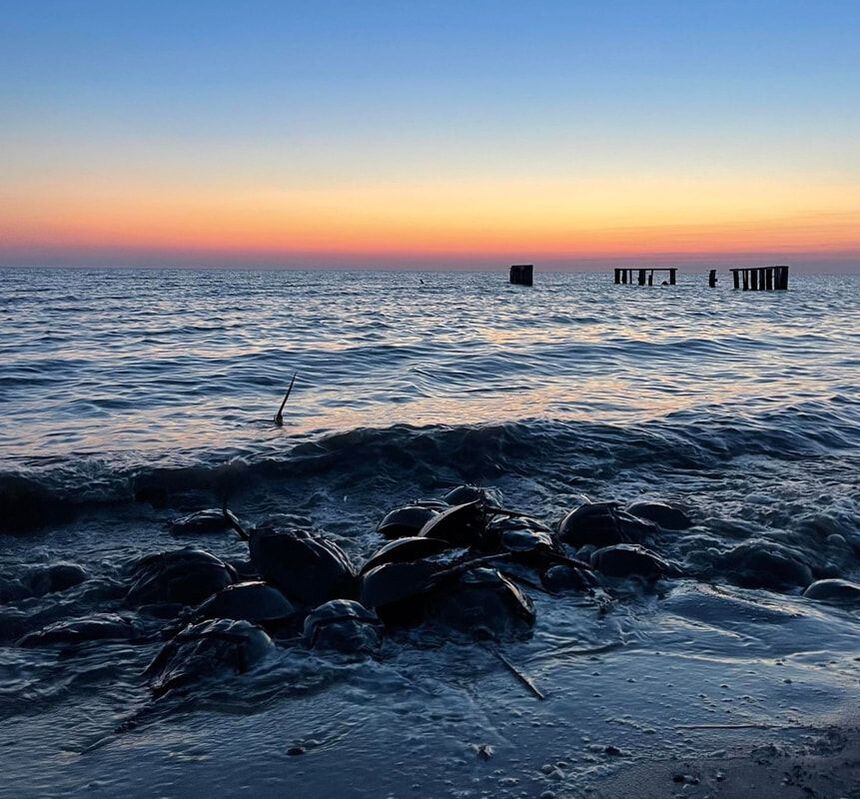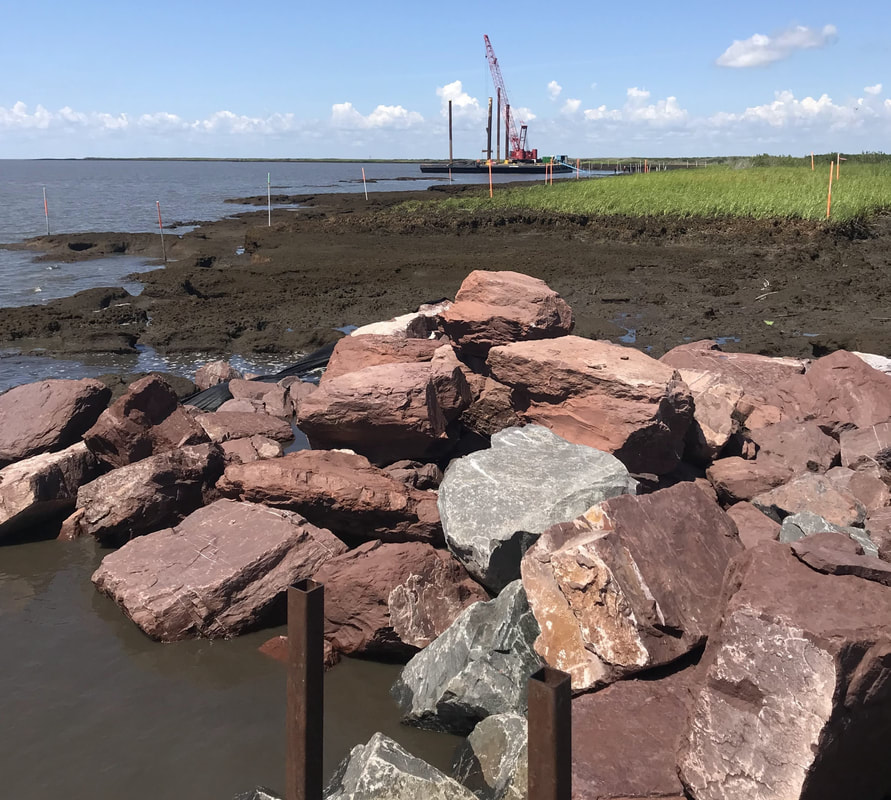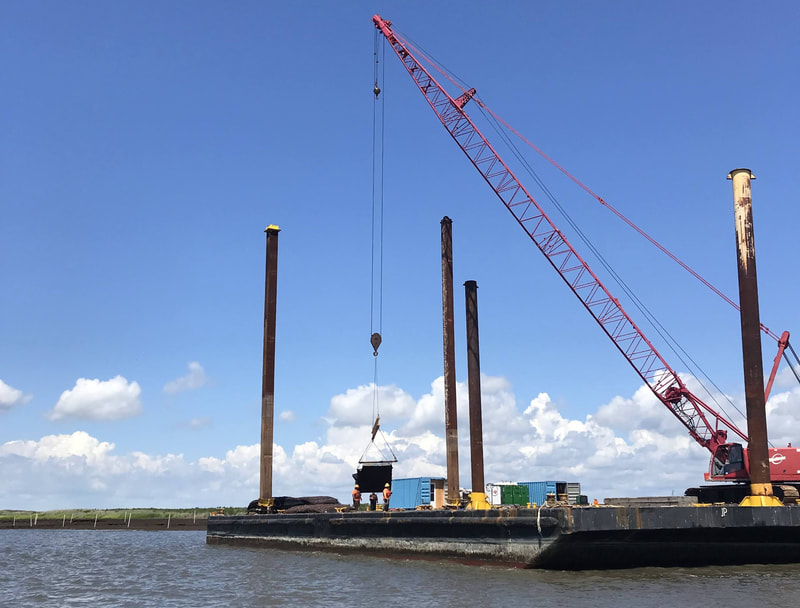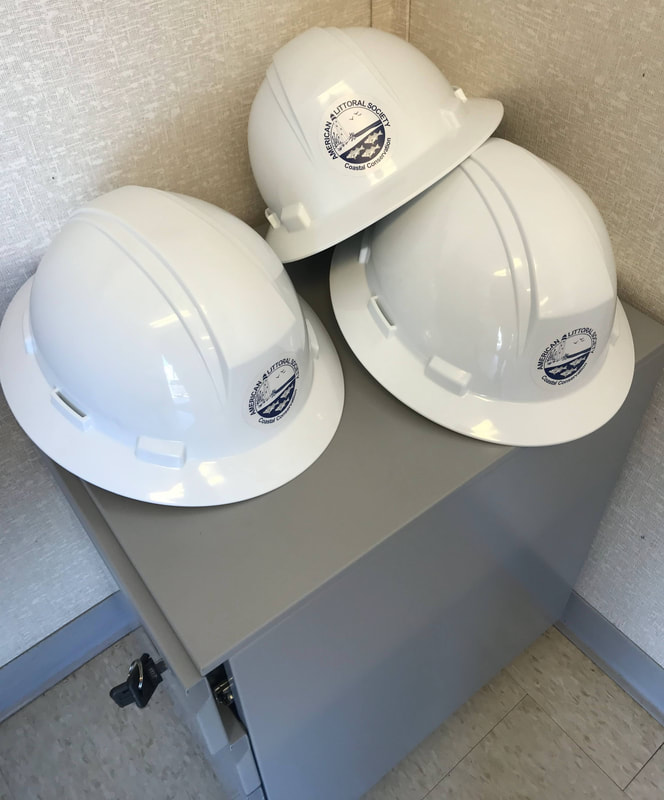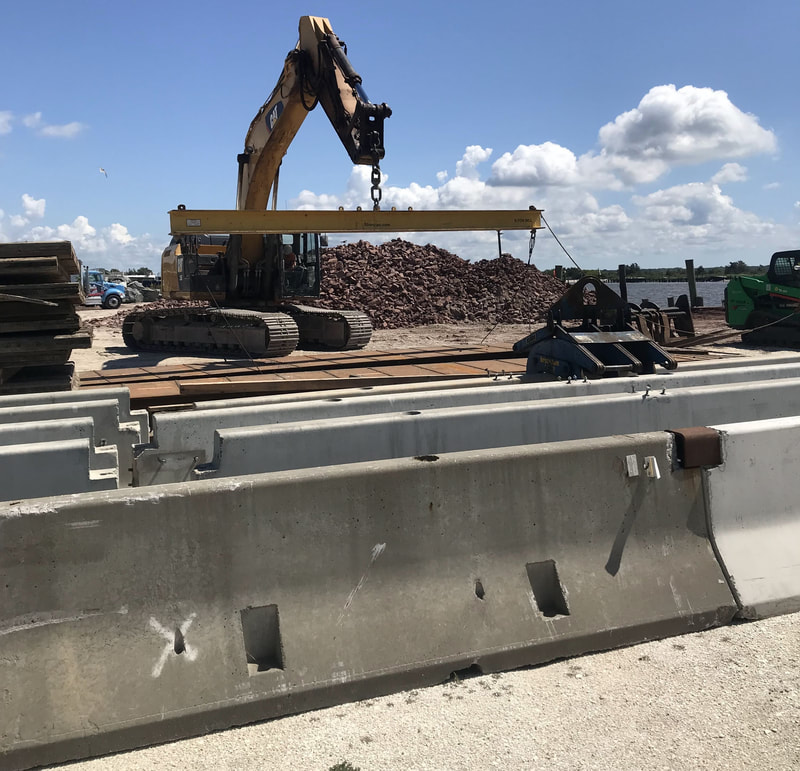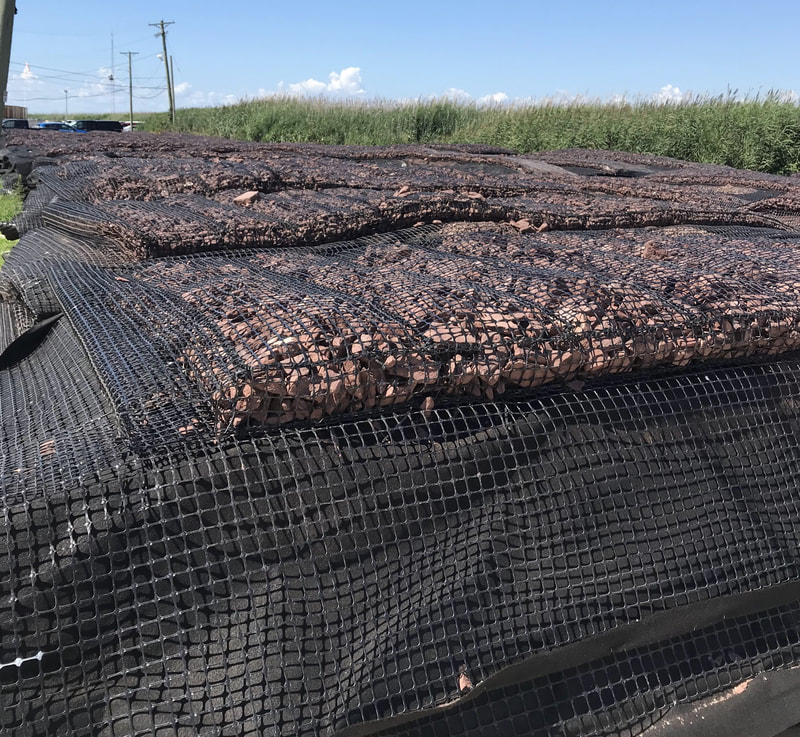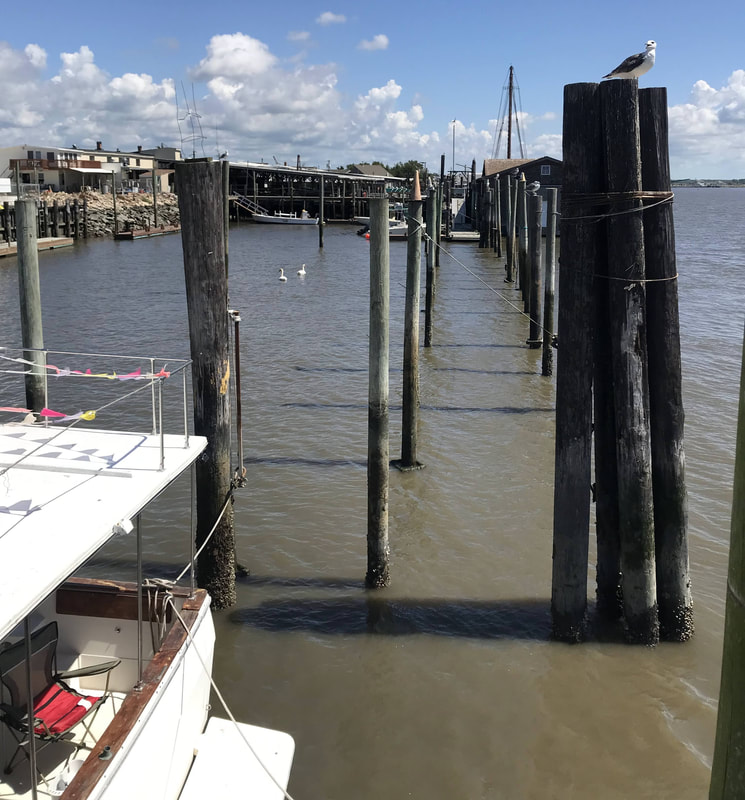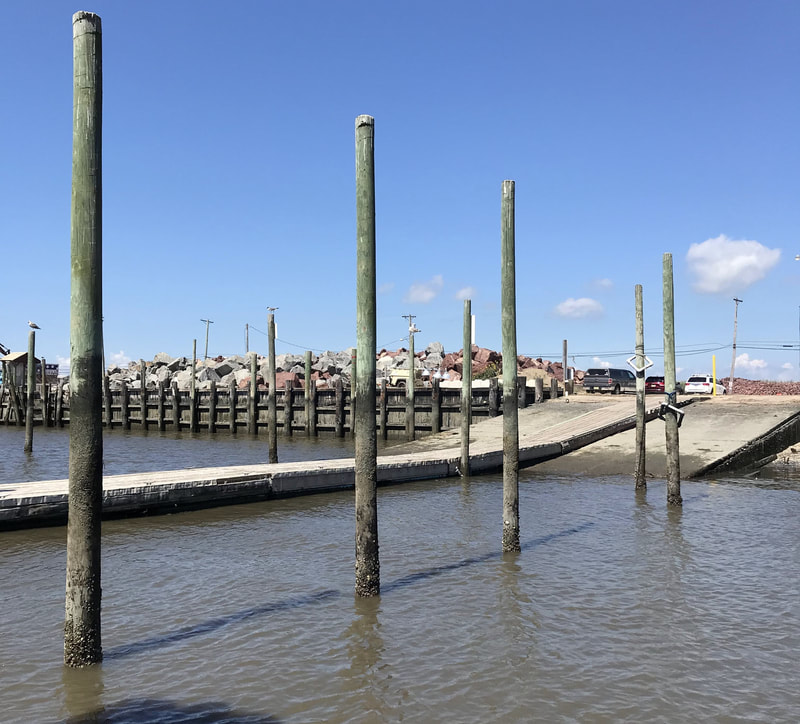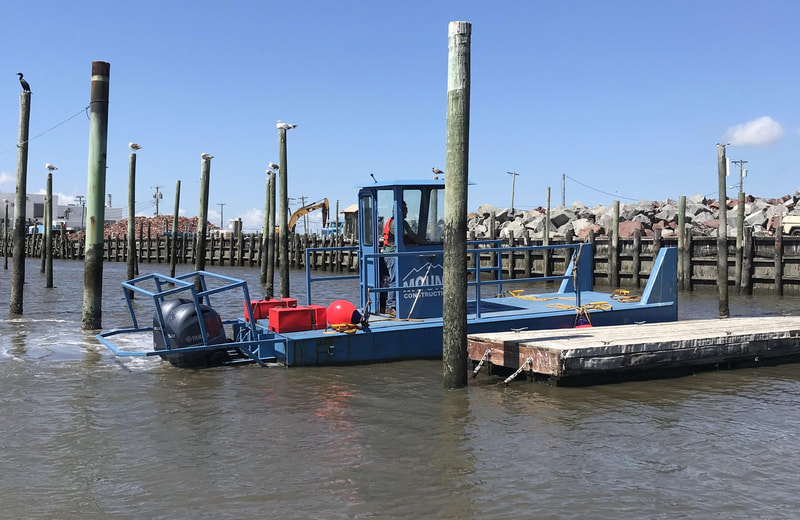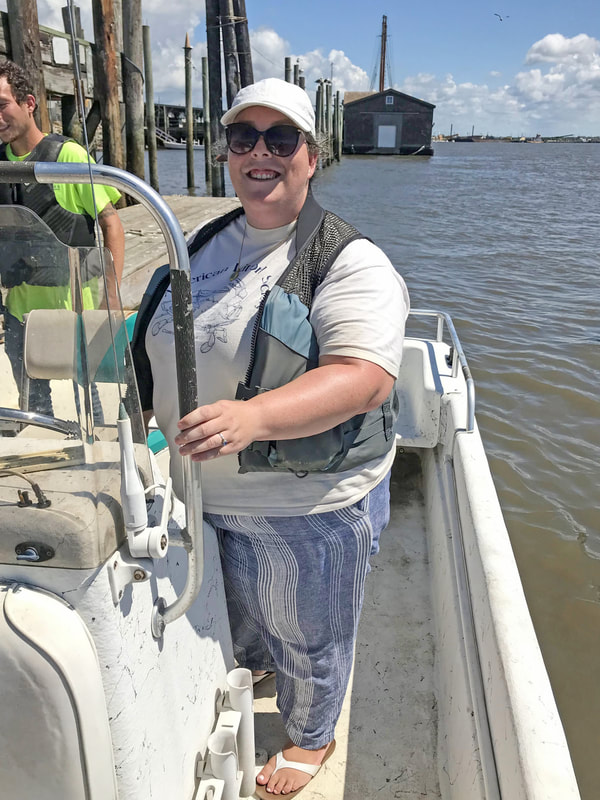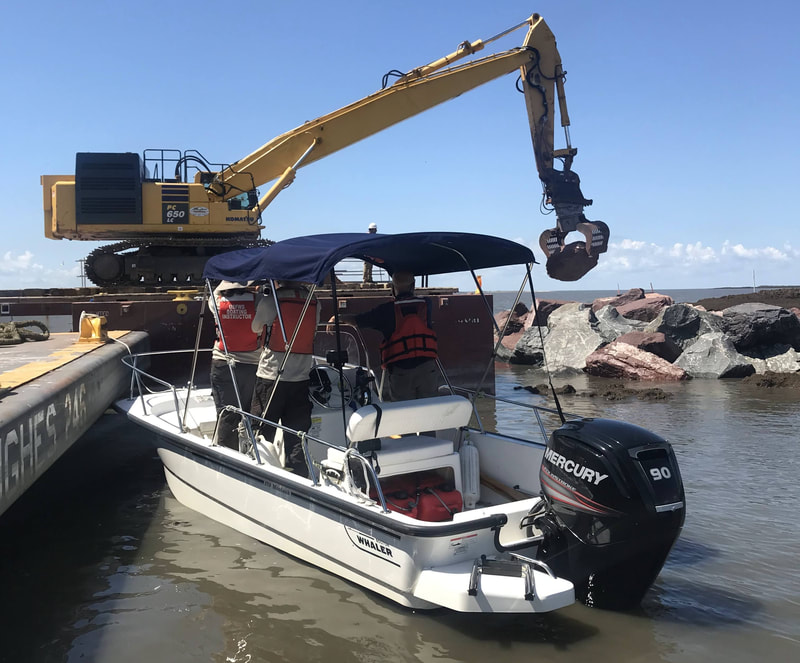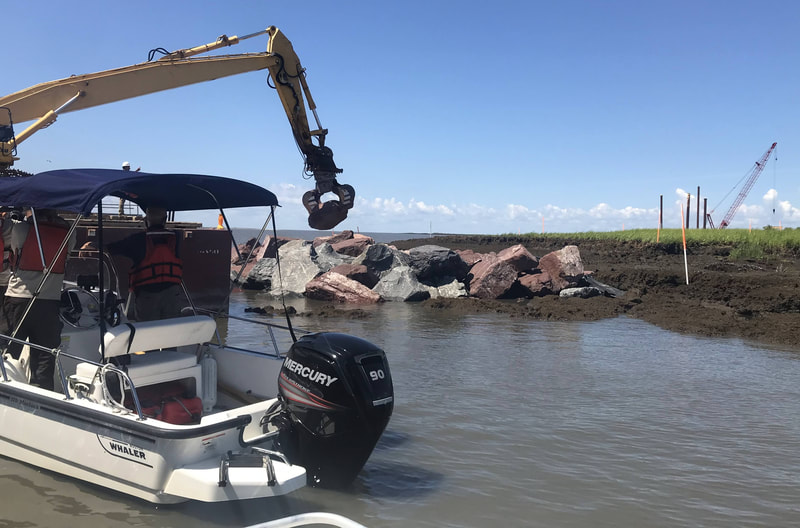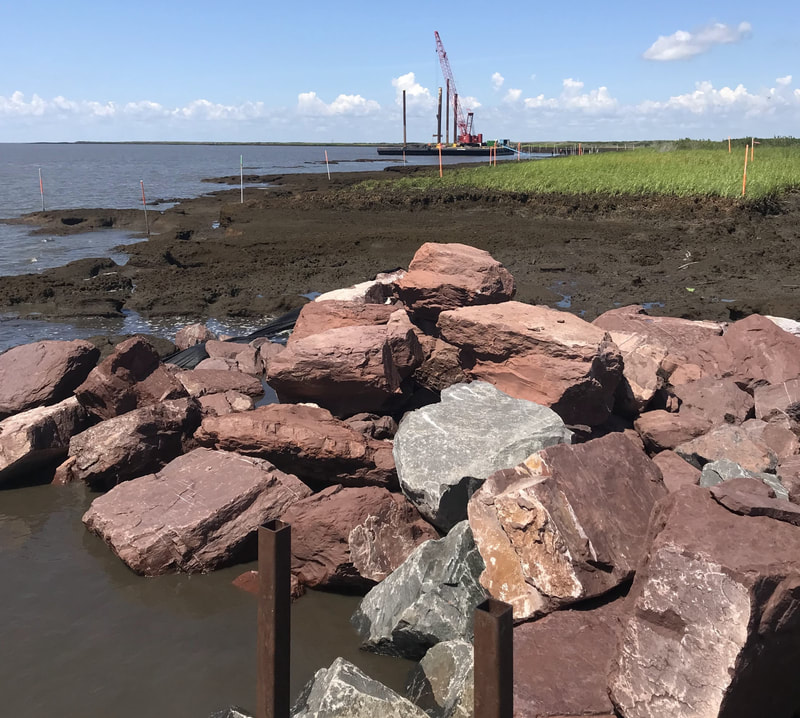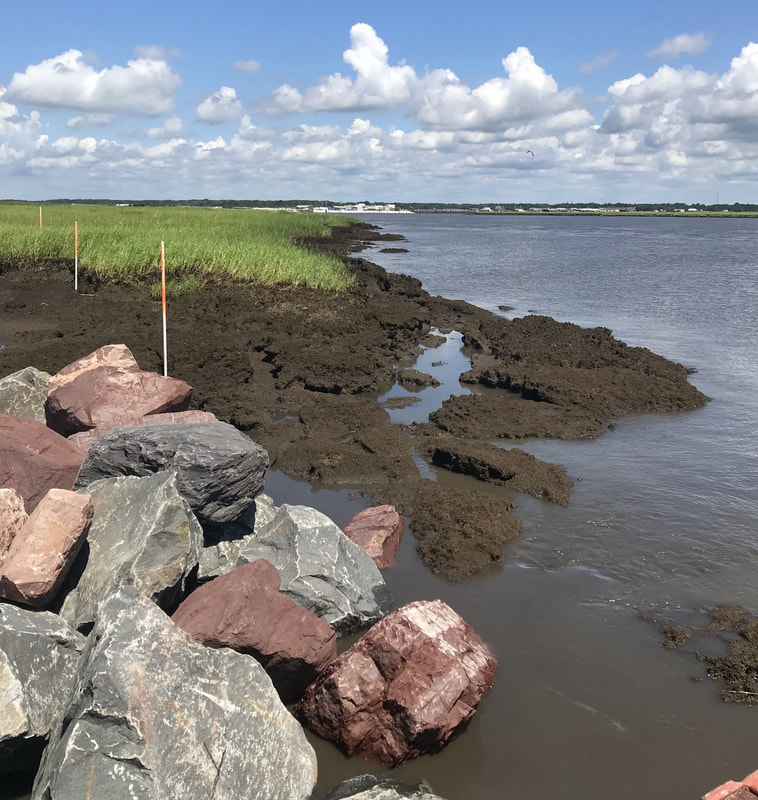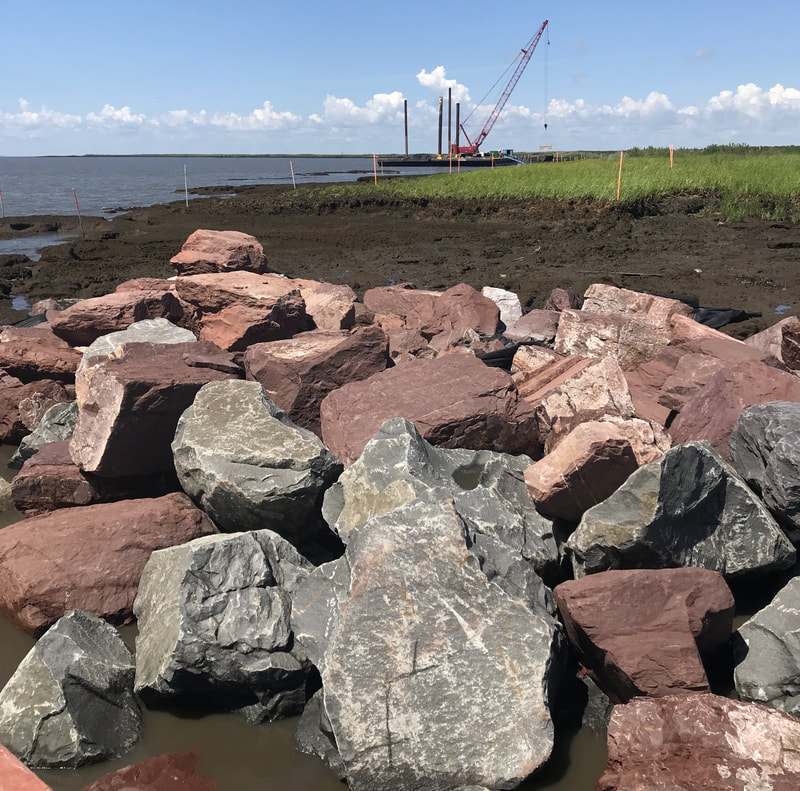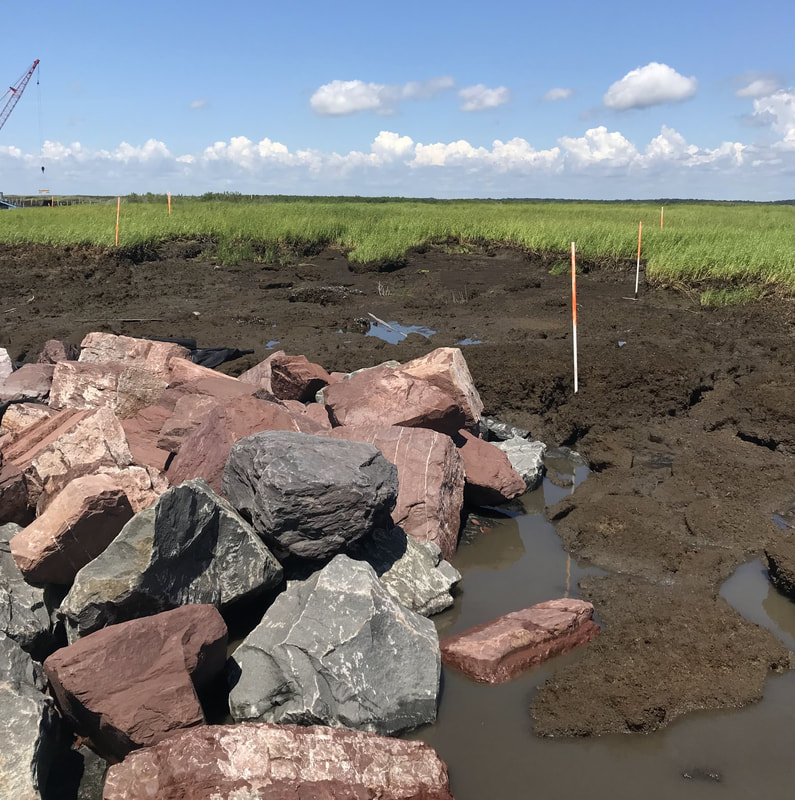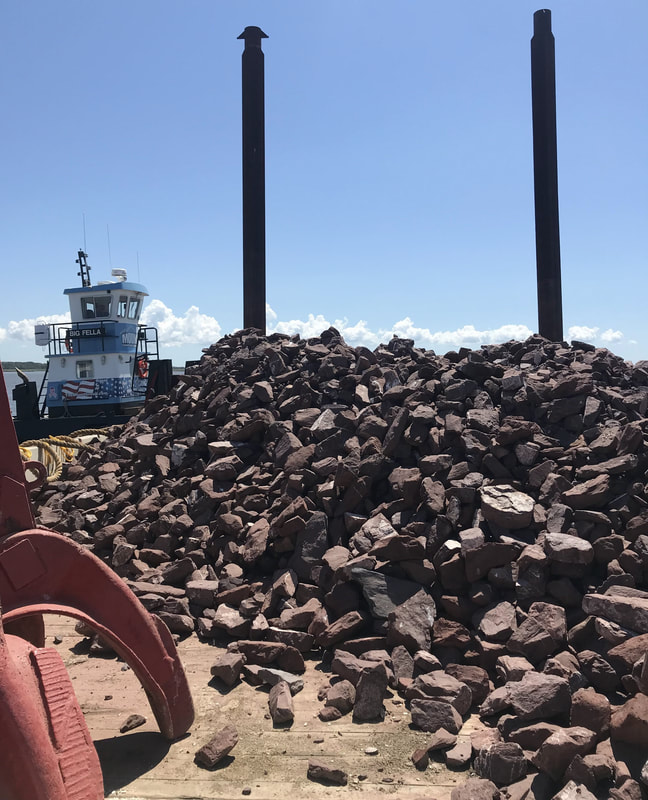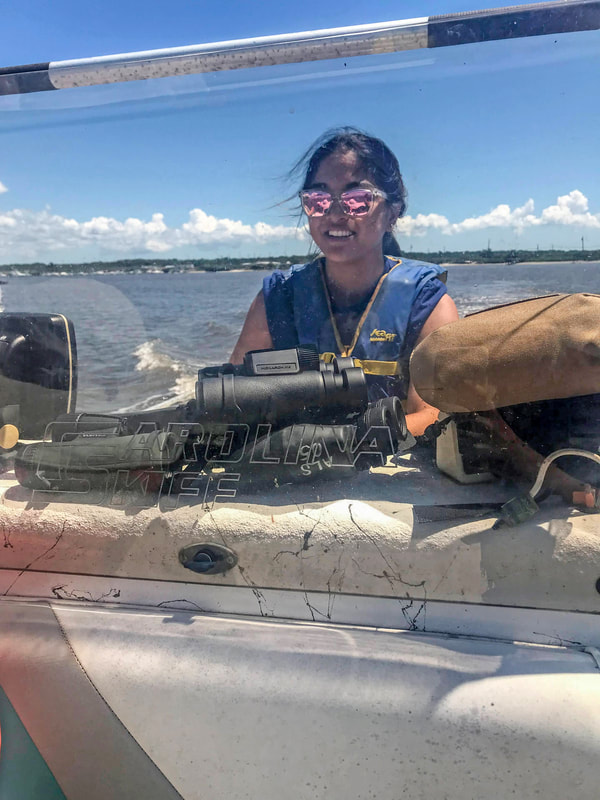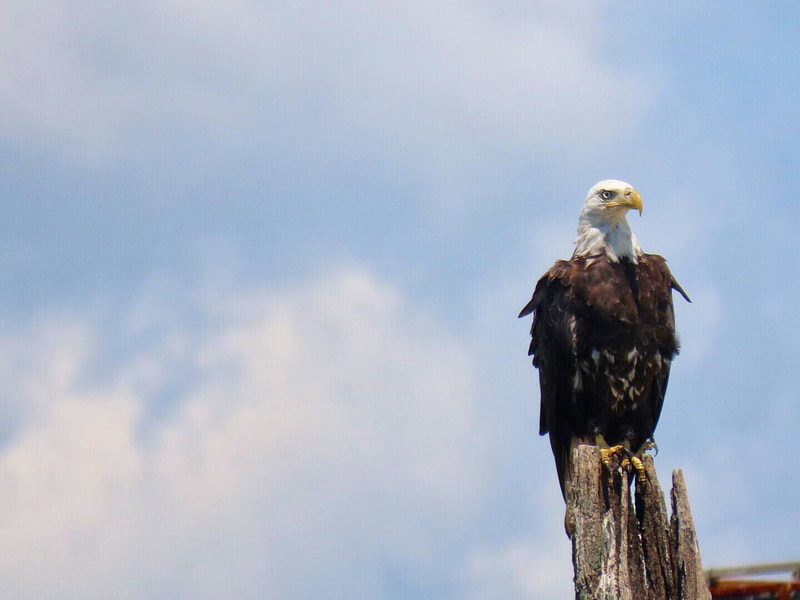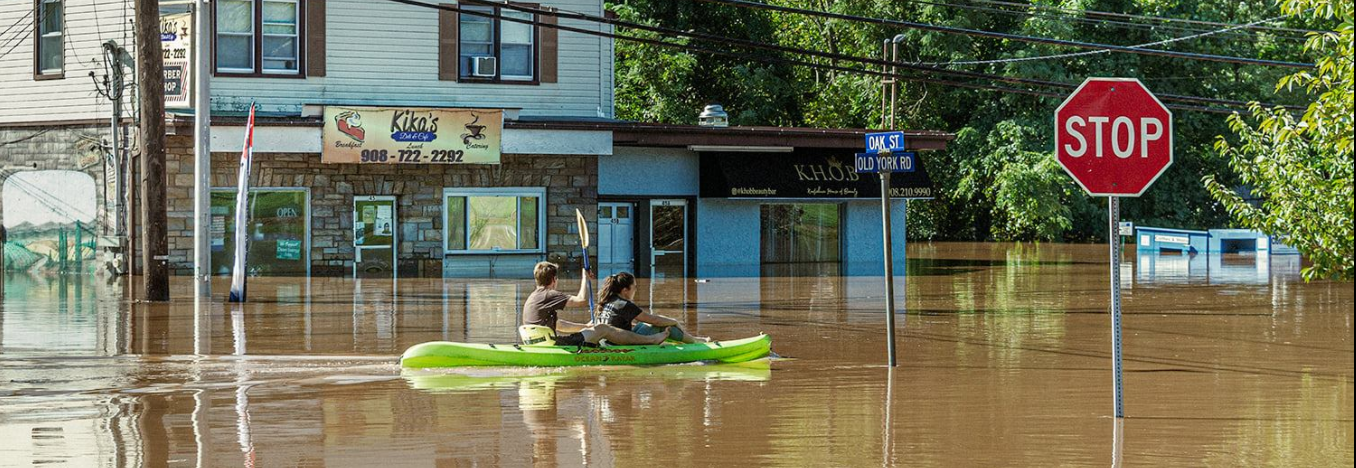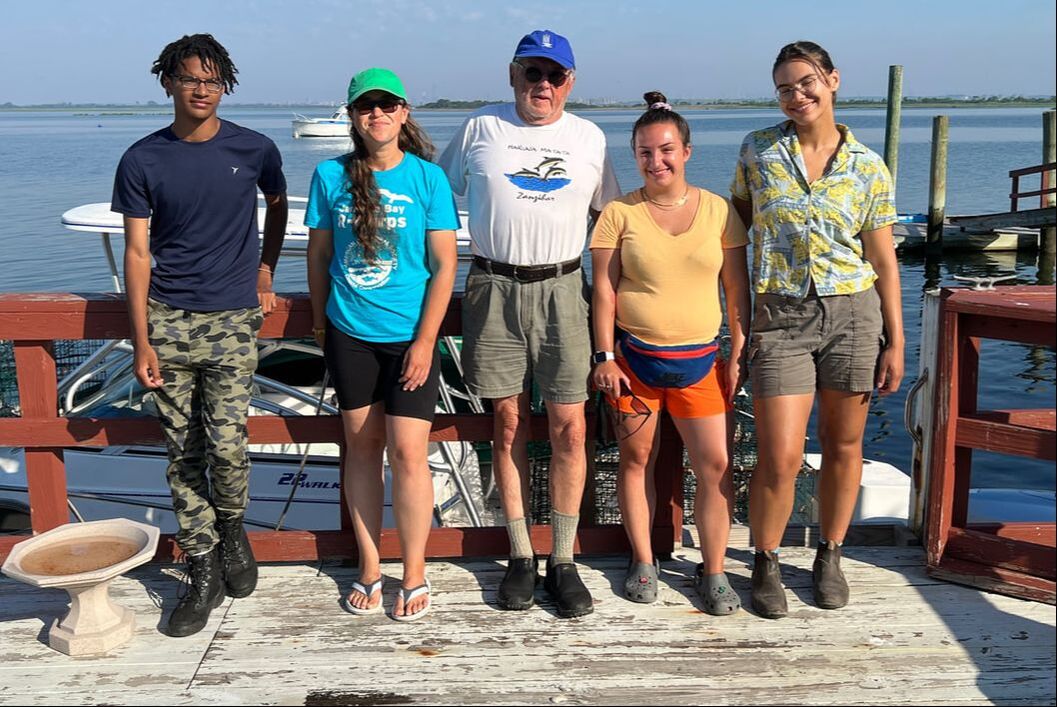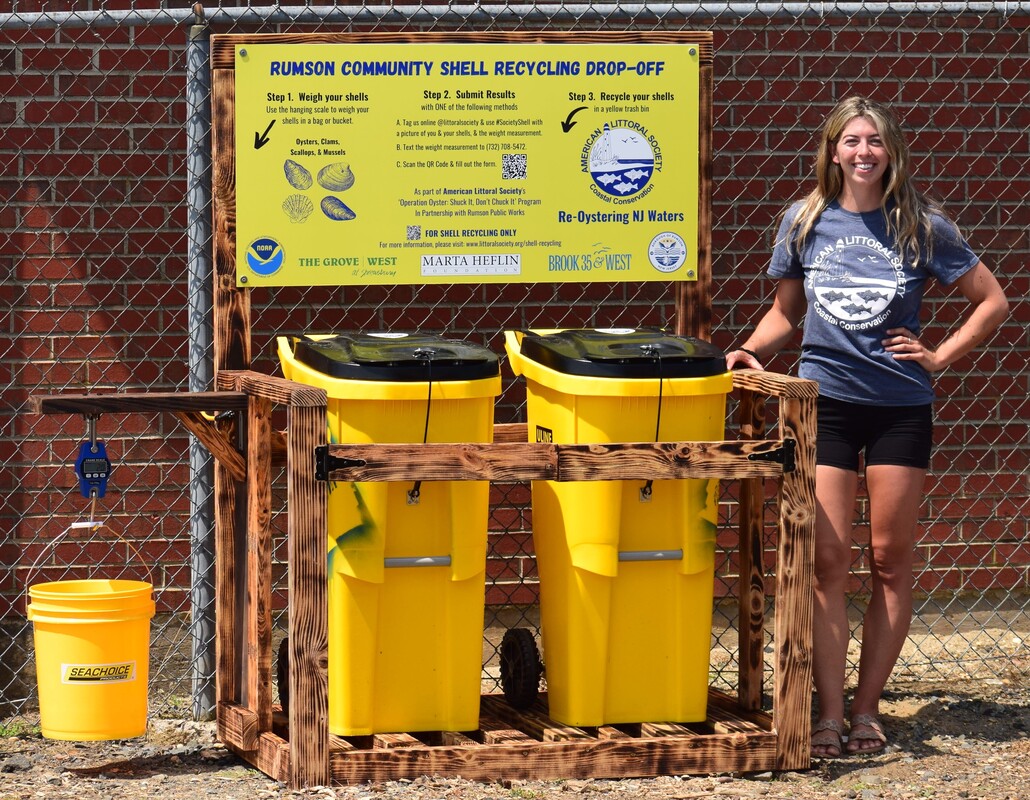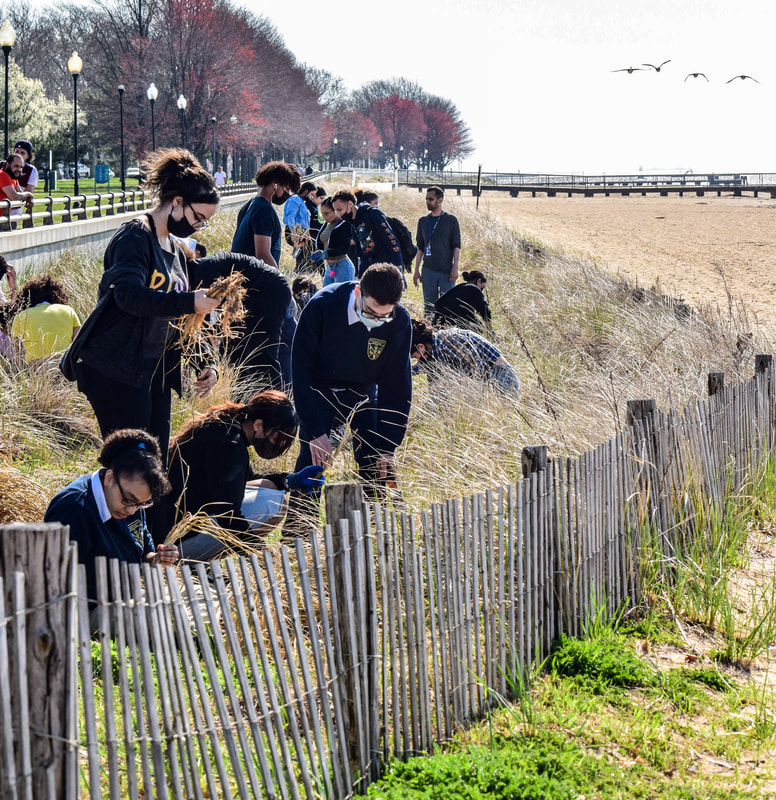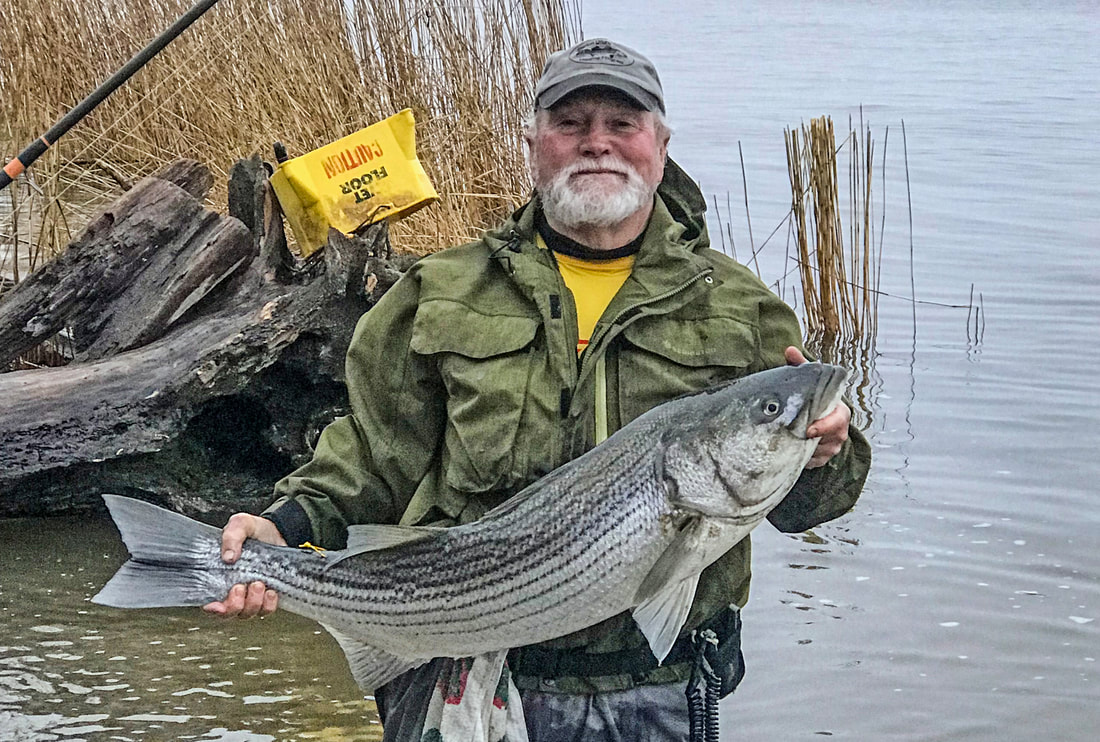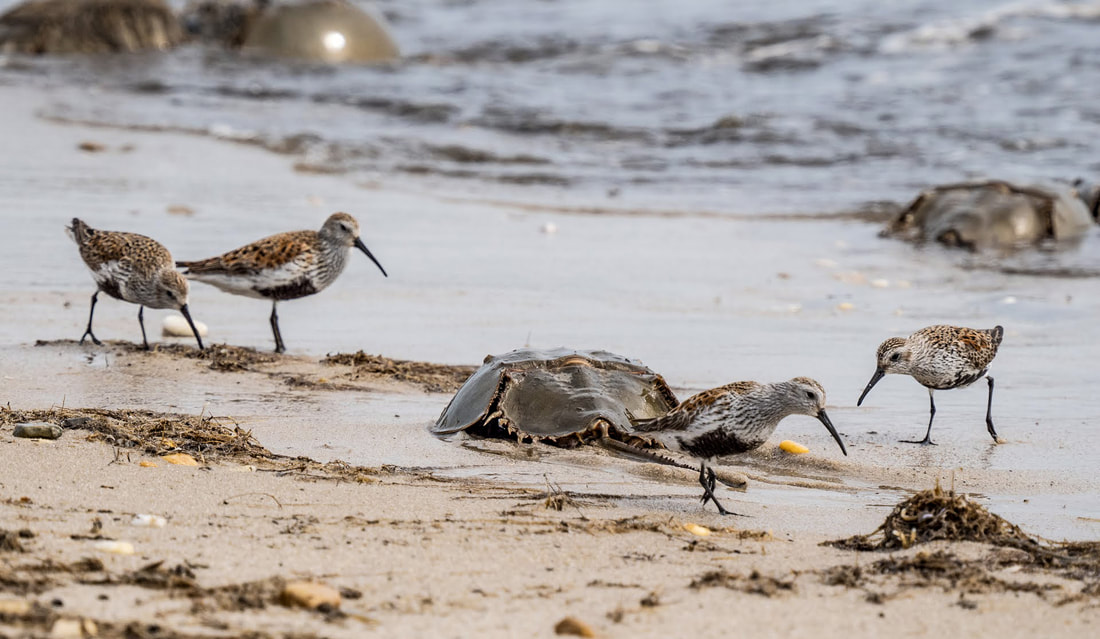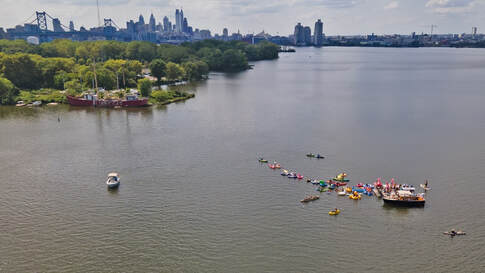 Some came dressed in silly costumes or carrying outlandish floatation devices. Many attended for the fun and the refreshment of floating in the Delaware River or the party that came after. But FLOATOPIA - which took place on Saturday, August 27 at Pyne Point Park in Camden, NJ - had a serious purpose: Raising awareness of how far the Delaware River has come and what more must be done to make it a swimmable, accessible, fishable and equitable (SAFE) waterway for everyone who lives along it. Hosted by Upstream Alliance and the American Littoral Society, the event brought nearly 200 people to paddle in the river and party in the park, including Camden Mayor Vic Carstarphen, Camden Councilwoman Felisha Reyes-Morton, and Philadelphia Councilman Mark Squilla. The 330-mile waterway is touted as “America’s Founding River,” and hosts some of the best places to swim and fish in the country. Yet the 27-mile stretch from Philadelphia, PA to Wilmington, DE, the most populous and diverse stretch of the river, is the only portion that doesn’t meet the criteria for full recreational use. by Toni Rose Tablante, American Littoral Society Habitat Restoration Technician
May and June are all about horseshoe crabs at the American Littoral Society. The season was jam-packed and non-stop…let’s find out why! Working in the heart of the largest horseshoe crab spawning area in the world has been nothing short of fascinating. I started my position with the Society right at the beginning of horseshoe crab season and it was amazing and demanding! In addition to jumping right into the Society's annual crab tagging efforts, this year also included days and nights of monitoring how the crabs are affected by a new restoration project near Nantuxent Creek in Cumberland County, NJ. Let's start with some background: The American Littoral Society has a long history of fighting for the protection of horseshoe crabs and was instrumental in restoring their spawning habitats in the wake of Superstorm Sandy. And for the last decade, our Habitat Restoration team has continued to rebuild beaches that support successful horseshoe crab spawning. 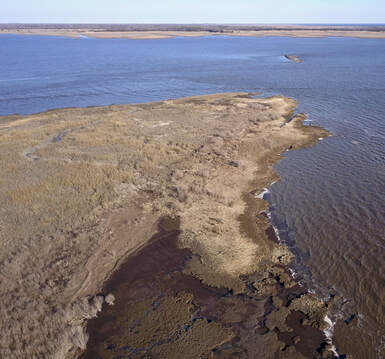 Basket Flats before restoration work began. Basket Flats before restoration work began. Due to erosion, Basket Flats marsh at the Mouth of the Maurice River has shrunk by 100 feet in the last three years. At the Littoral Society, we believe this special place along the Delaware Bayshore should be protected and preserved. We are working hard to change the fate of this vital area, which is home to residents of Cumberland County, NJ, the oyster docks at Bivalve and Matts Landing, and rare wildlife such as the Saltmarsh Sparrow. To build back the marsh and prevent future erosion, the Society - in concert with the Wildlife Restoration Partnership, Stockton University, Mount Construction Company, the National Fish and Wildlife Foundation, US Fish & Wildlife Service and NJ Department of Environmental Protection - is undertaking the biggest nature-based shoreline restoration project in the Garden State right now. We are installing rock to protect the existing shoreline and will later plant native grass to revitalize the area. We will also build breakwaters and oyster reefs to reduce the force of waves on the shoreline, prevent further marsh loss, and encourage marsh growth. “We are protecting both the communities and local economies of Delaware Bay and its ecology with this project,” said Tim Dillingham, Executive Director of the Littoral Society. “These projects, because they are larger in scale, will give us a chance to prove that it can be done, and that it can be done collaboratively.” Follow along with us as we #BuildUpBasketFlats. The Littoral Society and a coalition of environmental organizations are asking Gov. Phil Murphy of New Jersey to immediately release the New Jersey Protecting Against Climate Threats (NJPACT) rules that would require the use of updated rainfall data for flood hazard regulations, potentially saving lives and untold dollars in property damage from future storms. The updates were called for in the administration’s executive and administrative orders in January 2020, but new regulations have yet to be released.
“The best time to act was yesterday, the second-best time is now,” said Lucia Ruggiero, Delaware Bayshore Program Director, American Littoral Society. “We need to take unified action across the state to protect people and property from the threats of climate change; releasing the NJPACT rules is a crucial step.” In 2020, under Executive Order No. 100, former NJ Department of Environmental Protection (NJDEP) Commissioner Catherine McCabe issued an administrative order requiring NJDEP to begin a regulatory reform effort to help reduce greenhouse gases and other climate pollutant emissions while making our natural and built environments more resilient to the impacts of climate change that we cannot avoid. 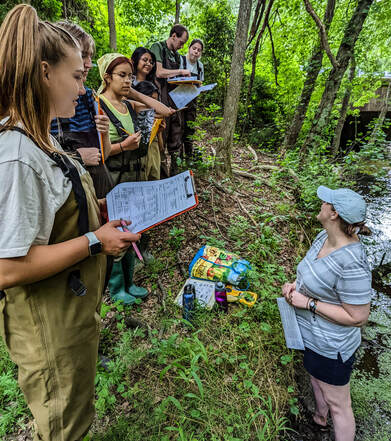 Participants in the Delaware Bay R-Corps conduct a biological habitat assessment at a South Jersey stream. Participants in the Delaware Bay R-Corps conduct a biological habitat assessment at a South Jersey stream. Each summer, young adults come to the American Littoral Society to join the Restoration Corps, a youth employment and education program. Also known as R-Corps, the program is specifically designed to engage young people in meaningful environmental projects. Currently the program operates from May through August out of the NE Chapter Office in Jamaica Bay, NY and the Delaware Bayshore office in Millville, NJ. Participants from local high schools and colleges lend a hand with an array of Littoral Society events and projects, including cleanups, shoreline and habitat restoration, community activities, festivals, rain garden installations, and so much more. Jamaica Bay R-Corps The Jamaica Bay R-Corps program began in 2012 with just a small crew of young volunteers that worked towards the goal of cleaning up and restoring Jamaica Bay shorelines and wetlands. Their work over the years has had a lasting impact on the bay and their passion for the environment has had an effect on those around them in many ways. A community drop-off site for recycling shells is the latest step for the Littoral Society’s “Shuck It, Don’t Chuck It!” shell recycling program. Check out all that's happening!
Community Drop-off Site We have our first community drop-off site, which is located at the Rumson Municipal Boat Ramp, 9 Avenue of Two Rivers, Rumson, NJ. Just look for the bright yellow trash bins. Anyone can stop by and drop their used shells any time. It doesn't have to be oysters! Scallop, clam, and mussel shells are welcome too. Truck Purchase We found our oyster transport vehicle to boost our shell collection efforts! At the moment, the truck doesn’t look much different than your average Dodge pickup. But work is underway to make it more on brand. Imagine one of our eye-catching yellow Operation Oyster t-shirts on wheels. Shell Weight While the truck may not be fully tricked out, it's already in shell-hauling service. So far we've recycled nearly 60,000 pounds of shell. That’s nearly 30 tons - over half a million shells - that will be used for Littoral Society restoration projects such as living shorelines and oyster reefs. Thanks to the hard work of the school students, staff and community members, there are more than 1,500 new culms of American beachgrass on the beach along Sadowski Parkway Waterfront Park in Perth Amboy, NJ. The work took place on Thursday, April 14, with students from Perth Amboy’s Academy of Urban Leadership Charter School (AULCS) joining the Littoral Society along the beach at the end of 2nd street.
Part of the Littoral Society’s Grasses in Classes program, the planting marked the end of a program partnership that began in 2019 with the intent of shoring up the town’s dunes while empowering students and others from the community to increase their knowledge of coastal resiliency. The Grasses in Classes program highlights the unmet need to help improve neglected or ignored beachfronts that can help protect coastal municipalities from the effects of climate change. The program in Perth Amboy started with an assembly for over 150 students, where they learned about the role that dunes play in protecting coastlines, the importance of native beachgrasses such as American beachgrass, and the impact that non-native species (otherwise known as invasive species) on dune environments in New Jersey. Atlantic striped bass populations are in distress. Again.
That could have serious implications for both the ecology of the ocean and the economies that depend on this popular fish. Since the establishment of the American Littoral Society’s Fish Tagging Program, Atlantic striped bass, commonly referred to as stripers, have been one of the favorite fish for our members to tag and release. A long-lived, migratory fish that can be found from Maine to Florida in the United States, they spend the majority of each year in brackish, estuarine waters or the ocean, then move into fresh waters to spawn in the spring. This means our taggers are able to catch, tag and release stripers in the ocean in every state on the east coast as well as far up freshwater rivers such as the Hudson. UPDATE AND ACTION ALERT: Add your voice to ours in opposing the Atlantic States Marine Fisheries Commission (ASMFC) proposal that would endanger Delaware Bay horseshoe crabs and the migratory shorebirds (like the Red Knot) which depend on them. Overharvesting of horseshoe crabs by the bait and biomedical industries has put a severe strain on the ecological connection between horseshoe crabs and shorebirds like the threatened Red Knot. Although the Red Knot population is perilously low, the ASMFC has proposed allowing the harvest of female horseshoe crabs, whose eggs provide the food that fuels the final leg of the birds' journey to Arctic nesting grounds. The next step in the ASMFC decision-making process on changing horseshoe crab harvest controls involves public hearings at agencies from the states along Delaware Bay, including New Jersey and Delaware (details below). Anyone can attend the hearings or submit comments via email or mail. Even though agreed upon conservation targets have not been reached, the Atlantic States Marine Fisheries Commission (ASMFC) is proposing changes to horseshoe crab harvest controls that could have a devastating effect on a threatened shorebird, the Delaware Bay ecosystem, and the economies related to both.
The Littoral Society and partners are working to convince the ASMFC not to take a step back on protections for horseshoe crabs. You can help by sending your objections directly to ASMFC (find details below). Horseshoe crabs play a vital role to the Delaware Bay ecosystem, as their eggs provide nourishment for imperiled shorebirds such as the federally threatened Red Knot. Each year, thousands of Red Knots fly over 9,000 miles from Tierra del Fuego at the southern tip of South America to breeding grounds in the Arctic Circle. The Delaware Bay is a major stopover point during this long journey, where the Red Knots feast on horseshoe crab eggs to gain the necessary weight to fly the remainder of the way to the Arctic Circle. |
Archives
July 2024
Categories
All
|

